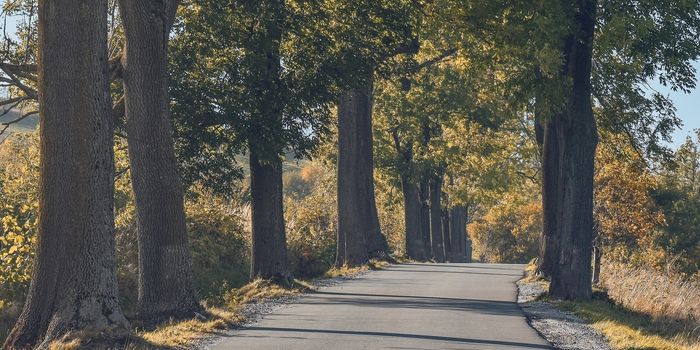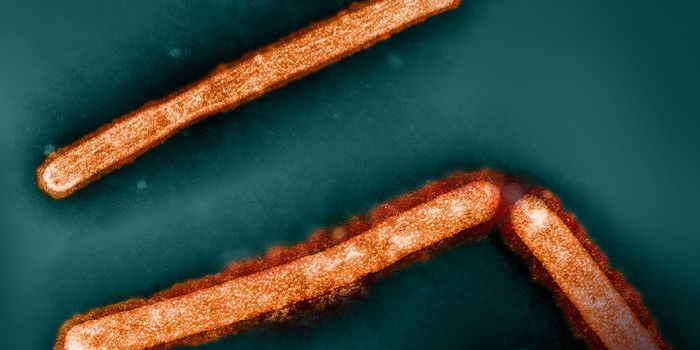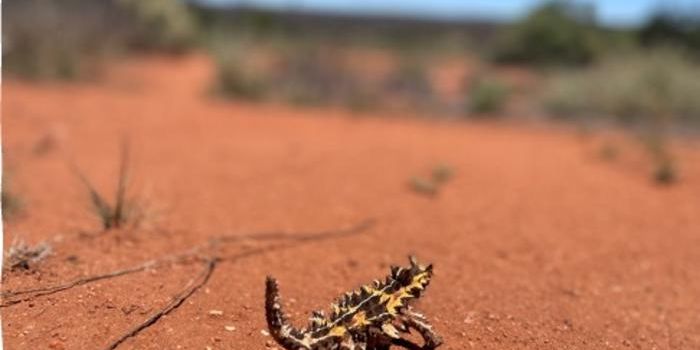The World is Failing to Save Biodiversity
Earlier this week, the UN Convention on Biological Diversity (CBD) released the Global Biodiversity Outlook 5 (GBO-5), and the news is grim. According to CBD, the GBO-5 is an "authoritative overview of the state of nature," reporting on the progress of 20 global biodiversity targets set in 2010. The deadline for those targets is this year, and according to the report, only six of these twenty targets will be "partially achieved" by year-end.
In a press release from CBD regarding the report, CBD Executive Director Elizabeth Maruma Mrema stated, "This flagship report underlines that 'humanity stands at a crossroads with regard to the legacy we wish to leave to future generations.'" She continued by praising the good things that have happened worldwide but warned that "the rate of biodiversity loss is unprecedented in human history and pressures are intensifying."
A key figure from GBO-5 that highlights the natural world's dire state cites that 1.7 Earths would be needed to regenerate the biological resources used by humans from 2011 to 2016. UN News calls the GBO-5 a "wakeup call" for humans to reconsider their connections to nature. Mrema uses the coronavirus pandemic as a devasting example of bound to nature humankind truly is. UN News reports the "bright spots" of the report are the falling rates of deforestation, eradication of invasive species from more islands, and increased awareness of biodiversity and its importance worldwide.
According to the report, other than the six targets to be partially achieved by year-end, the remaining targets show no progress or a shift away from the target. The report suggests that "there have been gaps in both the level of ambition of the commitments of countries" to take action to reach these targets.
The report provides "key transitions to sustainable pathways" needed to reach targets set for the 2050 Vision for Biodiversity. According to the report, these transitions disrupt business as usual but will move toward a more harmonious coexistence with the natural world. These eight transitions include sustainable agriculture and food systems, sustainable fisheries and ocean, climate action, green infrastructure, and activities to protect and restore freshwater, land, and forests. The eighth key transition, called "One Health," connects all of the other transitions "through an integrated approach, to promote healthy ecosystems and healthy people."
While these key transitions will slow and hopefully stop the natural world's degradation, it's clear from this report that urgent action is needed. In the CBD press release, Mrema warned that "the decisions and level of action we take now will have profound consequences—for good or ill—for all species, including ours."
Sources: CBD Press Release, Global Biodiversity Outlook 5 Summary for Policymakers, UN News










